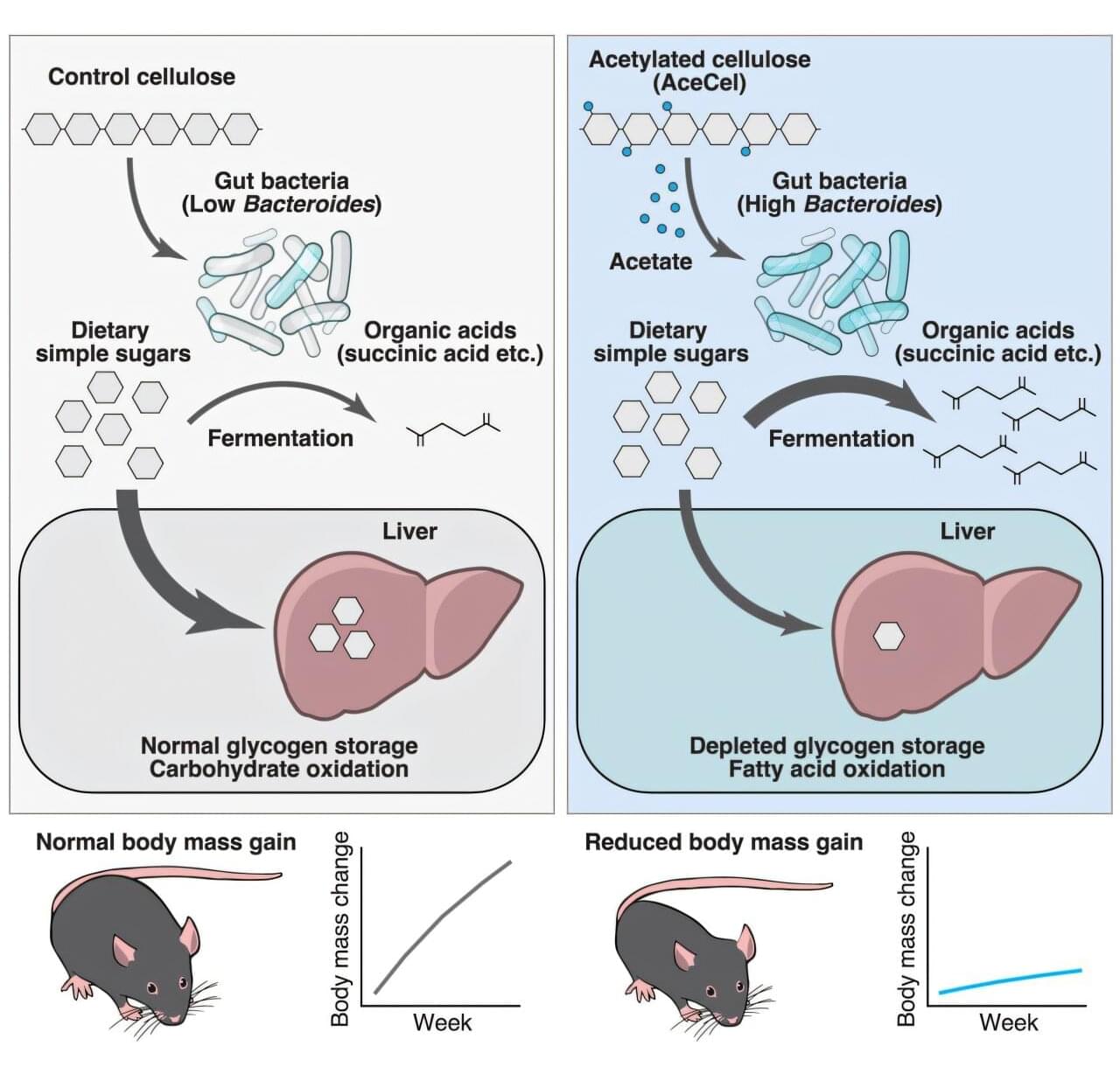The MIND diet, focusing on brain-healthy foods like leafy greens and berries, is linked to a lower risk of Alzheimer’s and dementia, according to recent studies.



More and more people are investing their time and energy into longevity — it’s not just living longer, but living happier, healthier and staying productive well past what has been considered “old age.” McKinsey reports that up to 60 percent of consumers across health and wellness markets say that healthy aging is a “top” or “very important” priority. The movement has created a boost in the health and wellness businesses, and to get an overview of the longevity supplements space, we spoke with Dr. Luke Winegard, the Chief Operating Officer at Longevity Method.
Entrepreneur: What is driving the current boom in the longevity supplement market? Dr. Luke Winegard: Growing consumer demand for health and wellness products is creating explosive growth in the longevity supplement market. Scientific advancements and increasing health consciousness are driving this trend, with consumers now focused on “healthspan” — not just how long they live, but how well they live. The pursuit of longevity has moved from being a niche interest of visionaries to becoming mainstream in 2025.
What does “healthspan” mean and why is it important? Healthspan refers to the period of life spent in good health, free from chronic diseases and disabilities. Today’s consumers are concerned not just about adding years to their lives, but making those years healthy, productive, and vital. This represents a cultural shift toward proactive self-optimization where maintaining energy, cognitive sharpness, and resilience is just as important as achieving physical goals.

Researchers led by Hiroshi Ohno at the RIKEN Center for Integrative Medical Sciences (IMS) in Japan have discovered a new way to reduce obesity. Their study shows that supplying the gut with extra acetate reduces fat and liver mass in both normal and obese mice, as long as bacteria of the Bacteroides species are also present in the gut.
When both these conditions are met, gut bacteria can eliminate more sugars from the gut and promote the burning of fats for energy in the host. The findings were published in Cell Metabolism.
Affecting hundreds of millions of people around the world, obesity constitutes a global epidemic. It is linked to eating too much sugar and starchy foods and is known to increase the risk of heart disease, type-2 diabetes, and cancer. At the same time, studies show that eating fiber reduces the risk of these very same diseases—even though it cannot be digested directly by mammals.

The brainwaves of people with neuropathic pain show a distinct pattern: more slow theta waves, fewer alpha waves, and more fast, high beta waves, co-lead author Sylvia Gustin, a clinical psychologist and UNSW professor, said in the statement. Her research has investigated changes in the thalamus—a central brain structure that relays sensory and motor signals to the cerebral cortex—associated with nerve pain.
The PainWaive system consists of an electroencephalogram (EEG) headset that records brain activity paired with an app that instructs patients on how to control their brainwaves through neurofeedback games, according to a UNSW statement. Four participants who suffer from corneal neuropathic pain—a condition that causes painful hypersensitivity of the eyes, face, or head—underwent 20 PainWaive sessions over the course of four weeks.
This study offers new hope for drug-free pain treatments, but further trials will need to verify its results.


Many different cancer treatments work to directly target the tumor or the cells around it. The immediate goal is to mitigate growth and progression, with the hope of complete eradication and long-term durable immunity. However, many barriers prevent complete treatment efficacy. Different proteins and molecules secreted by the tumor polarize the environment around it to allow tumor progression. Unfortunately, the tumor generates an advantageous environment that not only suppresses the immune system, but also dysregulates immune cells to promote the spread of cancer.
Different immune cells around the tumor, such as neutrophils, macrophages, T cells, dendritic cells, and others normally work together to elicit a robust immune response. In the context of cancer, these cells take on a pro-tumor function or are prevented from executing their function. In response, many immunotherapies work to re-activate T cells, which are responsible for eliminating infected cells. Other cancer treatments, such as chemotherapy, works to directly kill the tumor.
While various therapies work through different biological mechanisms, it is still unclear how the tumor uses nutrients to fuel its progression and block immune cell response. Metabolism is the action of a cell that builds and breaks down molecules to provide energy. In general, it has been widely accepted that tumors rely on a metabolic process known as glycolysis to fuel its mass proliferation of cells. Specifically, cells breakdown glucose for energy. Although cancer cells gain energy through glycolysis, there is still a lot that is unclear about cellular metabolism and the influence it has on the environment around the tumor.

Nuri Jeong remembers the feeling of surprise she felt during a trip back to South Korea, while visiting her grandmother, who’d been grappling with Alzheimer’s disease.
“I hadn’t seen her in six years, but she recognized me,” said Jeong, a former graduate researcher in the lab of Annabelle Singer in the Wallace H. Coulter Department of Biomedical Engineering at Georgia Tech and Emory University.
“I didn’t expect that. Even though my grandmother struggled to remember other family members that she saw all the time, she somehow remembered me,” Jeong added. “It made me wonder how the brain distinguishes between familiar and new experiences.”

Turbulence in nature refers to the complex, time-dependent, and spatially varying fluctuations that develop in fluids such as water, air, and plasma. It is a universal phenomenon that appears across a vast range of scales and systems—from atmospheric and oceanic currents on Earth, to interstellar gas in stars and galaxies, and even within jet engines and blood flow in human arteries.
Turbulence is not merely chaotic; rather, it consists of an evolving hierarchy of interacting vortices, which may organize into large-scale structures or produce coherent flow patterns over time.
In nuclear fusion plasmas, turbulence plays a crucial role in regulating the confinement of thermal energy and the mixing of fuel particles, thereby directly impacting the performance of fusion reactors. Unlike simple fluid turbulence, plasma turbulence involves the simultaneous evolution of multiple physical fields, such as density, temperature, magnetic fields, and electric currents.

People who follow a MIND diet, even if started later in life, were significantly less likely to develop Alzheimer’s disease or related forms of dementia, according to new research.
The MIND diet stands for “Mediterranean-DASH Intervention for Neurodegenerative Delay” and combines many elements of the Mediterranean diet and DASH (“Dietary Approaches to Stop Hypertension”). It emphasizes brain-healthy foods like leafy greens, berries, nuts and olive oil.
The study, being presented Monday at the American Society for Nutrition’s annual meeting, analyzed data from nearly 93,000 U.S. adults aged 45 to 75 starting in the 1990s.
When these energy-giving organelles thrive, so do we